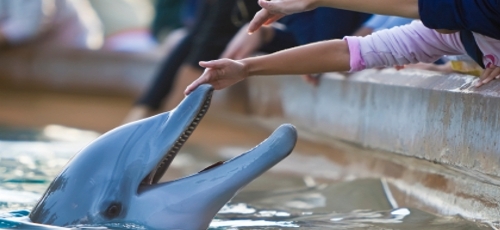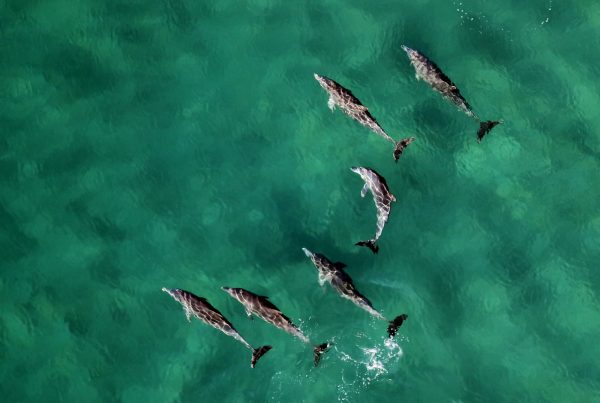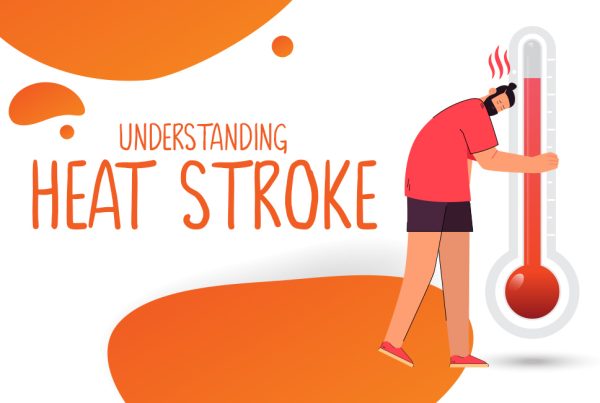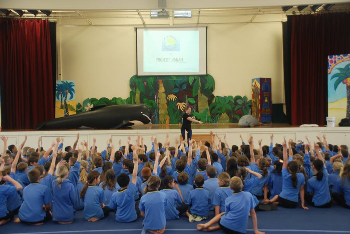
The Issue – Why it’s time to say no
Around the world hundreds of dolphins are imprisoned in tiny tanks for the pleasure of paying audiences. Their punishment is a life-sentence of the very worst kind – yet they’ve committed no crime.
Forced to live in artificial and cramped conditions, these wide-ranging, social animals are stripped of every normal facet of their lives. Taken from a vast ocean and from their family pods, they are unable to communicate, hunt, roam, mate and play as they would in the wild. Many die very young, unable to survive the trauma of capture and transport. Those that live are subjected to a lifetime of boredom and deprivation behind bars.
The world’s captive dolphin industry inflicts suffering on thousands of animals each year. Captured in the wild in often brutally lethal hunts, they are destined for public displays in marine parks, aquaria, amusement parks, travelling zoo’s and even hotel swimming pools.
Because people love dolphins they want to get close to them. The captive dolphin industry exploits this need but the victims are the dolphins and those who unwittingly support the industry. Public education about the cruelty of this form of ‘entertainment’ is crucial to reducing demand.
Behind the dolphin’s smile
Dolphins are intelligent, sensitive, highly complex animals that live in close-knit social groups. They have strong and complex friendships and family ties. They search for live prey and socialise, rest and play as a cohesive group.
Their bodies are built for speed and in the wild they may travel hundreds of kilometres a day, reaching speeds of up to 50 kilometres an hour. They live in a vast, ever changing, rich and diverse world, which they navigate using sound and their highly developed sonar. It’s a world of freedom and free will.
In captivity things are very different. Concrete walls replace the cliffs, rocks, sand, and caves of the ocean. There are no waves, no currents and no fish to chase. Home is four walls, a bare and barren tank. Natural seawater is replaced by artificially salinated or chlorinated water. Hunting, and the thrill of the chase, are replaced with set mealtimes and offerings of dead fish. Blood-bonds are replaced by forced associations, often with dolphins from different pods, species and oceans mixed together. Natural daily routines and social interactions are replaced by artificial show routines.
Their smiles mask their misery, and in many ways supports the myth that dolphins in captivity enjoy a good life. This couldn’t be further from the truth.
”The dolphin’s smile is a feature of its anatomy. It will continue to smile while injured, in pain or dead”
What we’ve done
For more than a decade Project Jonah has campaigned against dolphin captivity. We’ve written submissions and galvanised public support to block the capture, import and holding of dolphins in New Zealand. We’ve put pressure on industry and the Government; reminding them that captivity has no place in New Zealand, a country respected for its conservation and welfare ethics. We’ve countered the many arguments for keeping these magnificent animals imprisoned and enslaved, and have inspired a growing number of New Zealanders to turn their backs on this cruel spectacle.
A growing number of people are now saying ‘no’ to captivity. New Zealand’s only captive dolphin facility – Napier Marineland – has now closed. The death of their last dolphin in September 2008 marks the end of an era. Napier City council no longer supports a captive dolphin facility in their city.
New Zealander’s have an affinity with marine mammals, and this hasn’t changed. What has changed is the way we choose to view them. With more than 100 commercial tourism operators applying to the Department of Conservation for permits each year, kiwis are passionate about seeing these beautiful mammals in their natural environment.
We’ve only been able to achieve these successes through the support of people like you. Please help us to spread the word.
Reports
Biting the hand that feeds – the case against petting pools (750 KB)
An investigate report by WDCS and HSUS that presents a compelling case against petting pools based on public safety and animal welfare grounds.
The case against marine mammals in captivity (2.3MB)
An overview by WSPA and HSUS on the inherent cruelty of captivity.


